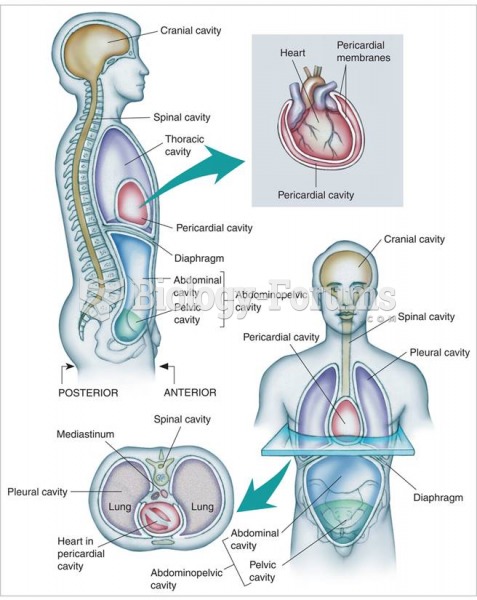|
|
|
Did you know?
The ratio of hydrogen atoms to oxygen in water (H2O) is 2:1.
Did you know?
The average office desk has 400 times more bacteria on it than a toilet.
Did you know?
Green tea is able to stop the scent of garlic or onion from causing bad breath.
Did you know?
The horizontal fraction bar was introduced by the Arabs.
Did you know?
The FDA recognizes 118 routes of administration.







